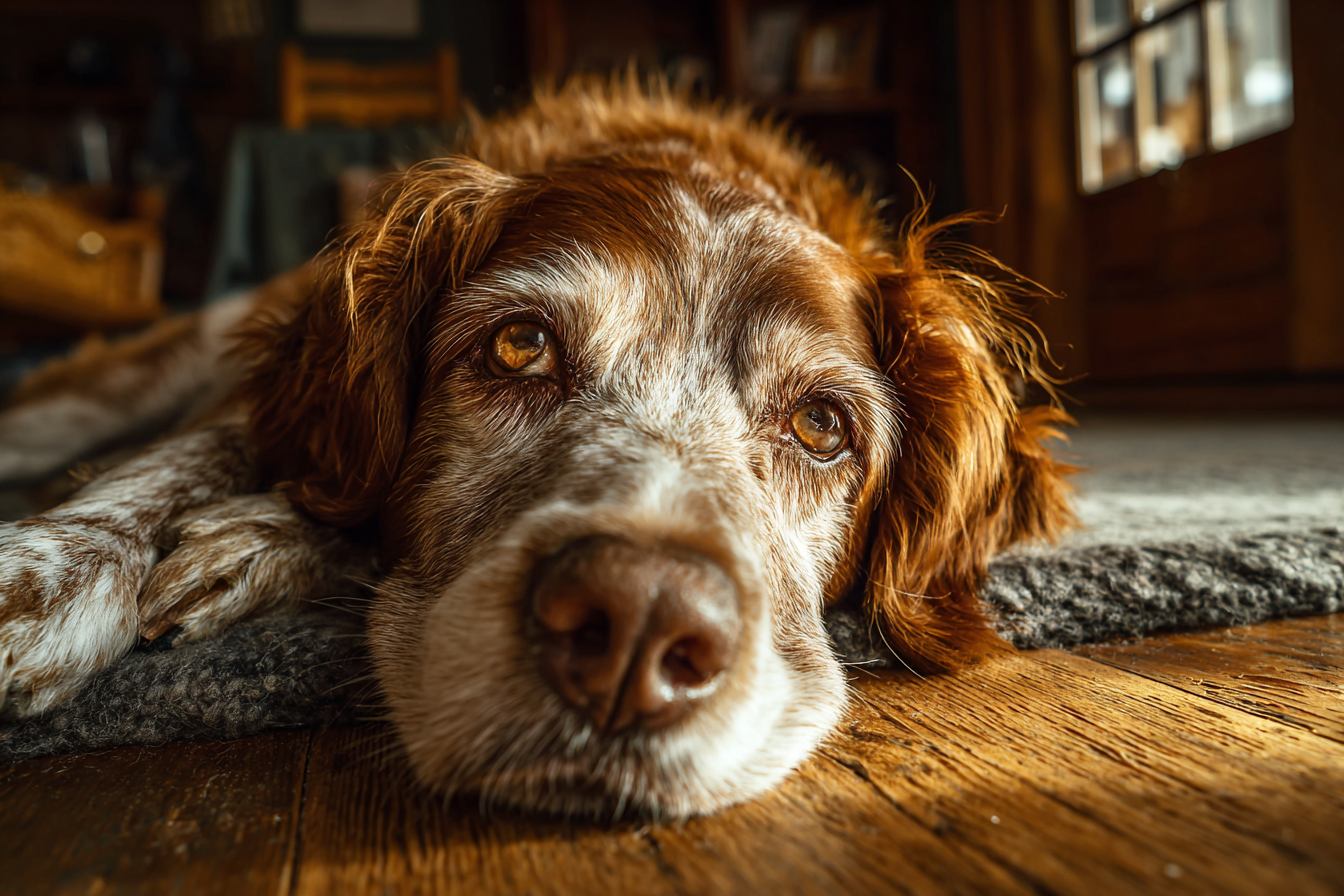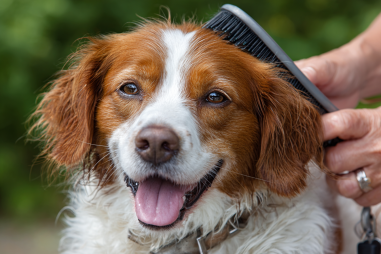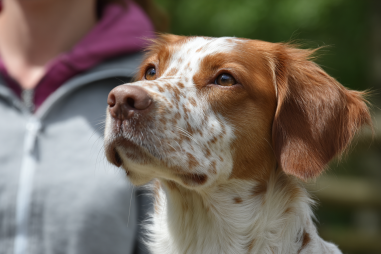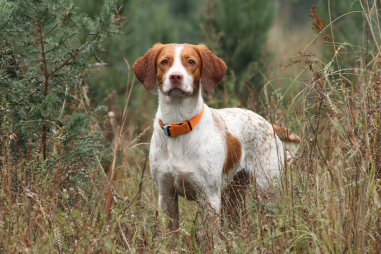Owning a Brittany dog comes with the joy of their spirited energy and affectionate companionship. As these dogs grow older, understanding their lifespan and the aging process can help you prepare and provide the best care possible. This guide explores the typical lifespan of Brittany dogs, recognizes signs of aging, and offers practical tips for supporting your furry friend in their senior years.
Average Lifespan of Brittany Dogs
Brittany dogs typically live between 12 and 14 years, which is a fairly average lifespan for medium-sized breeds. Their longevity is influenced by genetics, environment, diet, and overall care. While some may live beyond 14 years with good health and attentive care, others might experience age-related health challenges earlier in life. Regular veterinary visits and a healthy lifestyle can help maximize their years and quality of life.
Physical and Behavioral Changes with Age
As Brittany dogs age, they undergo noticeable physical and behavioral changes. Recognizing these signs helps owners meet their dog’s evolving needs.
Physically, older Brittanies often experience:
- Gray or white fur around the muzzle and face: This is a common sign of aging, beginning around 7 to 9 years.
- Reduced stamina and energy levels: You might notice your dog prefers shorter play sessions or more frequent rests.
- Joint stiffness or arthritis: Mobility may decrease, causing a slower walk or reluctance to climb stairs.
- Weight fluctuations: Metabolism slows, possibly leading to weight gain if diet and exercise aren’t adjusted.
Behavioral changes can also be apparent:
- Increased calmness: While young Brittanies are highly energetic and playful, seniors often become more serene.
- Changes in sleep patterns: Older dogs may sleep more during the day and be restless at night.
- Possible cognitive changes: Signs of canine cognitive dysfunction include confusion, disorientation, altered interactions, and difficulties with house training.
- Heightened sensitivity to the environment: Seniors may become more cautious or anxious with loud noises or unfamiliar situations.
Adjusting Diet and Exercise for Aging Brittany Dogs
Maintaining a balanced diet and appropriate exercise routine is essential for the health of senior Brittany dogs. Their metabolism slows with age, so their caloric needs typically decrease. However, their need for nutrient-dense, high-quality food increases to support joint health and immune function.
- Diet: Consider switching to senior-formulated dog food that contains fewer calories but enhanced levels of protein, fiber, and essential fatty acids such as omega-3 and omega-6 for skin, coat, and joint health. Supplements like glucosamine and chondroitin may also be beneficial but should be discussed with your veterinarian.
- Exercise: While older Brittanies may be less energetic, regular moderate exercise remains important to maintain muscle tone and prevent obesity. Gentle walks, light play, and low-impact activities like swimming can help keep joints flexible without causing strain.
Consistency is key with diet and exercise to avoid sudden stress on aging systems.
Senior Dog Health Concerns Specific to Brittanys
Like many breeds, Brittany dogs face certain health challenges as they age. Being aware of common issues allows early detection and improved management.
- Arthritis and joint problems: Brittanys are active dogs, so joint wear and tear like osteoarthritis is common in senior years. Early signs include limping, reluctance to run or climb, and stiffness after rest.
- Hip dysplasia: This hereditary condition can worsen with age, affecting mobility.
- Ear infections: Their floppy ears require regular cleaning to prevent infections, which can become more frequent in older dogs.
- Eye issues: Cataracts, glaucoma, or age-related vision decline may develop, impacting your dog’s ability to navigate their environment.
- Dental disease: Dental care remains crucial to prevent pain and systemic infections.
- Heart disease and tumors: Older Brittanys can be at risk of cardiac conditions and various cancers, underscoring the importance of regular veterinary screenings.
Comfort and Enrichment for Your Older Brittany Dog
As your Brittany ages, their comfort and mental well-being should be prioritized alongside physical health. There are many ways to enrich their environment and daily routine:
- Comfortable bedding: Orthopedic dog beds can relieve pressure on aching joints and provide better sleep.
- Temperature regulation: Senior dogs may have trouble maintaining body temperature, so keep living spaces warm during colder months and cool in summer.
- Gentle grooming: Regular grooming not only keeps their coat healthy but also helps you monitor their skin condition and find any lumps or bumps early.
- Interactive toys and gentle play: Mental stimulation supports cognitive health. Puzzles, scent games, and mild training sessions can engage your dog’s mind without overexertion.
- Routine and affection: Many older dogs benefit from consistent routines and plenty of love, which reduce anxiety and reinforce your bond.
End-of-Life Care Considerations
Facing the later stages of your Brittany’s life can be emotionally difficult. Preparing for end-of-life care ensures your dog’s comfort and dignity while helping you make informed decisions.
- Regular veterinary check-ups: Frequent visits help manage pain, evaluate quality of life, and address emerging health problems promptly.
- Pain management: Many conditions in senior dogs require medications or therapies to reduce pain and improve function.
- Home adjustments: Consider ramps or non-slip surfaces to ease mobility challenges and provide easy access to favorite resting spots.
- Monitoring quality of life: Use tools like quality-of-life scales to assess your dog’s well-being and comfort level.
- Ethical decisions: Discuss euthanasia with your vet when suffering cannot be alleviated, ensuring compassion is at the heart of your choices.
Emotional support from family, friends, and pet loss counselors can also help pet owners navigate this tough period.
Understanding the lifespan and aging process of your Brittany dog empowers you to anticipate their changing needs and provide compassionate care. Through attentive health monitoring, diet modifications, gentle exercise, and emotional enrichment, your beloved companion can enjoy their golden years with comfort and dignity. Cherish each stage of their life journey, making memories that last a lifetime.







